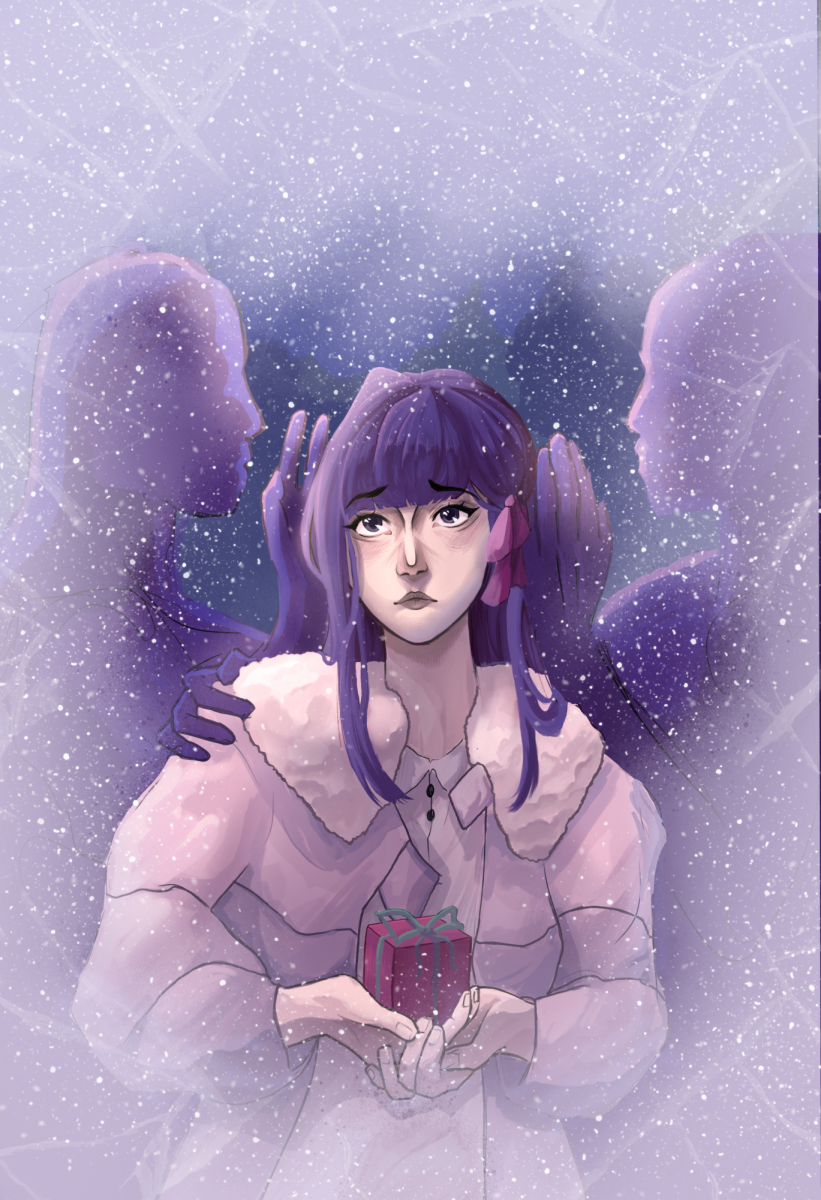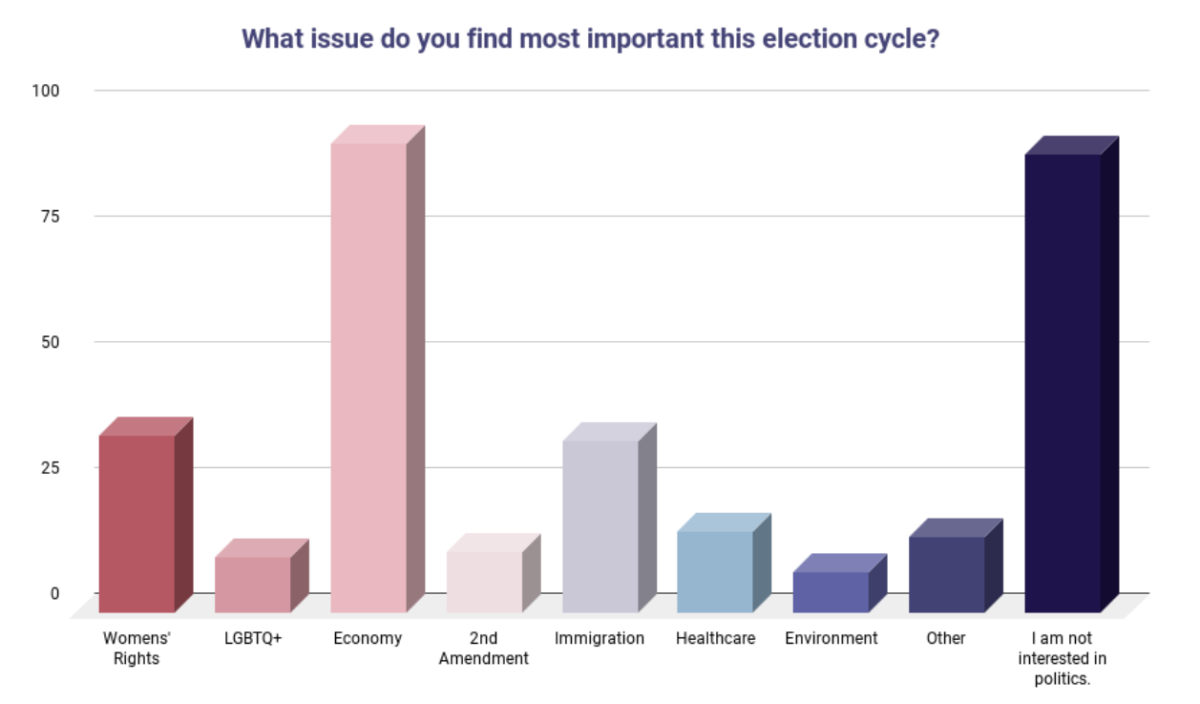Ian Drew lies in bed in a silent room. His empty brown eyes trace patterns on the ceiling. He’s so consumed by feelings of sadness and negativity that he can’t make himself get up. He doesn’t really want to anyways. He doesn’t want to do anything anymore. It’s the summer of 2010, his senior year, the time he said was the lowest point in his battle with depression.
“I didn’t like myself,” Drew said. “I couldn’t think about anything positively. I didn’t care. It didn’t let me do anything. I stayed in my shell and it kept me from doing a lot of things.”
Drew has suffered from dysthymia, a type of chronic, cyclical depression, since eighth grade. Senior Daniel Durrett, who has been friends with Drew since middle school, said it was hard to see Drew so depressed.
“It was difficult to watch from the outside,” Durrett said. “We would still hang out with friends and stuff, but he would always go to the negative side.”
Depression runs in Drew’s family. Drew said having someone with depression in his family helped him cope, but it was still difficult for him to open up about his depression to his friends.
“That was a hard decision to make because I really didn’t like talking about it,” Drew said. “I reached a point where I realized I wouldn’t have anyone to help me otherwise.”
Though most of his friends were supportive, Drew said he lost some friends after telling them because of the way they handled his situation.
“It definitely changed a few friendships,” Drew said. “It was a time when I really didn’t understand it, so how could they understand it? I was acting different and they didn’t know why.”
Despite this, Durrett said his friendship with Drew wasn’t affected by Drew’s depression.
“Being friends with someone who’s depressed isn’t really different,” Durrett said. “It’s not as crazy as anybody would really think. It’s really just a lot of talking with him and being there for him.”
Rather than take medication for his depression, Drew takes vitamin D, which has been shown to positively affect the neurotransmitters in the brain that control feelings.
“(Medication) causes problems like increasing suicidal tendencies and we decided it wasn’t worth it,” Drew said. “Vitamin D makes my disposition better when I take it regularly. It gives me more energy and helps me function, but it doesn’t help with the feelings.”
Besides taking vitamin D and talking to Durrett, Drew picked up a hobby to help manage his depression.
“Depression made me really good at guitar,” Drew said. “That’s my comfort. It’s what I do when I’m down. It picks me up. It’s a way to escape for awhile. The feelings didn’t go away, but guitar held them back and helped me see ‘Hey, I can do this.’”
Though dysthymia can diminish or even disappear completely over time, Drew said in his family it usually stays.
“I think it’ll fade, and I’ll be able to move past it, but I don’t expect it to leave,” Drew said. “It hasn’t left for anyone else, so why would it for me? I might as well prepare myself now. But who knows, maybe I’m just being pessimistic.”
Despite the negative side of depression, Durrett said it did have a positive effect on Drew because of the problems he’s had to deal with like losing friends and coping with the negative feelings.
“I really think that he’s a better person actually,” Durrett said. “Not necessarily because of the depression, but it just made him stronger. He has a different outlook than somebody who isn’t negative all the time.”
Drew said though dealing with depression has been difficult, it has helped him make positive improvements in both his friendships and in the way he feels about life.
“It taught me to really take joy in the little things,” Drew said. “I can walk into school smiling and laughing. I really appreciate the things I have. While my outlook is still doom and gloom, I can find a silver lining.”





